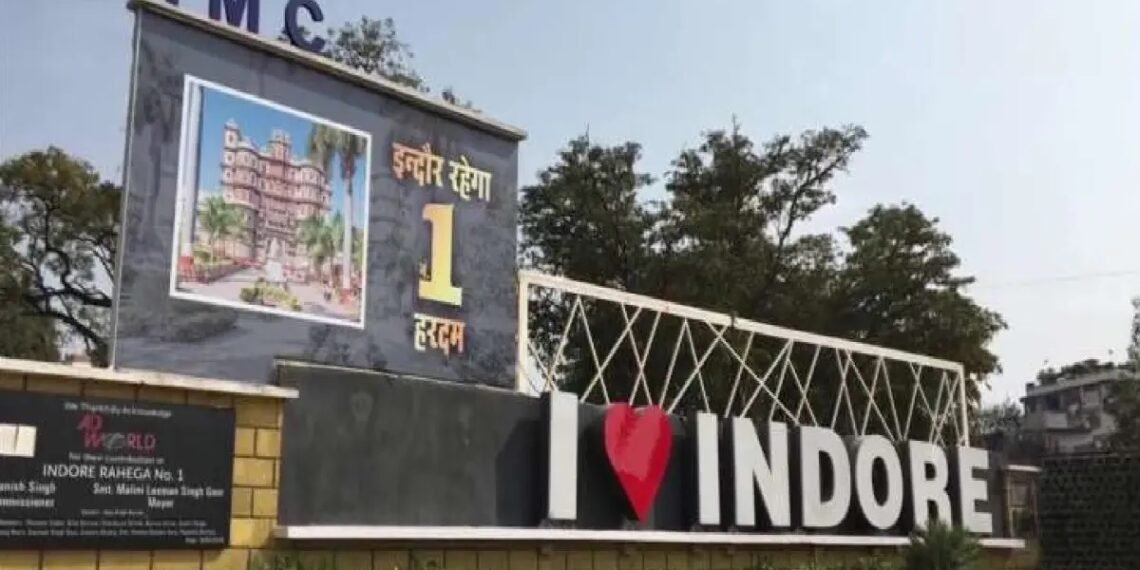The annual Swachh Survekshan Awards 2023, which were released on Thursday (January 11) by the Central government, have placed Indore as the cleanest city in India for the seventh consecutive year.
The Union Housing and Urban Affairs Ministry distributes the prizes, which originated as part of the Swachh Bharat Mission. The two primary factors that form the basis of the methodology for judging cleanliness are field evaluation and public input.
Since state governments are in charge of sanitation, it is their responsibility to update the Swachh Bharat Mission Management Information System (MIS) with current information. After that, “validation through Citizen Validation conducted in Residential and Commercial Areas in each ward on sampling basis” will be applied to each area up for evaluation, such as segregated waste collection.
According to Amit Dubey, consultant for the Swachh Bharat Abhiyan at Indore Municipal Corporation (IMC), “A sustainable system of garbage collection, processing, and disposal has been developed in Indore,” PTI was informed. This solid base is the reason for the city’s continued success in the National Cleanliness Survey.
Early on, Indore focused on the different indicators plotted in the survey. Numerous actions included improving the waste collection and sanitation infrastructure and making these programs more widely known to the public in order to encourage better hygiene practices.
Also Read: Watch out the upcoming Oppo Reno 11 series
Putting in new dustbins and restrooms: The NGOs also carried out the preliminary work to determine which parts of the city needed urinals and restrooms in order to address the issue of open defecation, which was also verified through the survey.
“Efforts were made to identify individual households, number of families and their requirements, especially in slums and the areas near the Railway line, for the provision of single-household or community toilets – which were constructed and are now being used”, said Tagore.
Owners of vehicles received about 1,000 complimentary dustbins as a gesture to discourage them from throwing trash out of their windows.
Creating habits among the populace: In 2018, former mayor Malini Gaud stated to The Indian Express that campaign participation was a contributing factor in the turnaround. She conducted roughly 400 citizen meetings in a year and gave the oath of cleanliness to over four lakh people.
Additionally, the IMC fined individuals on the spot for littering, urinating in public, and spitting on roads between Rs 250 and Rs 500. “Previous attempts to discourage repeat offenders have not proven effective. The Mayor had announced a plan to publish the names of offenders in newspapers and broadcast them on radio, saying, “We hope this public shaming will work as a deterrent.” She got out of her official car multiple times to personally chastise offenders.














